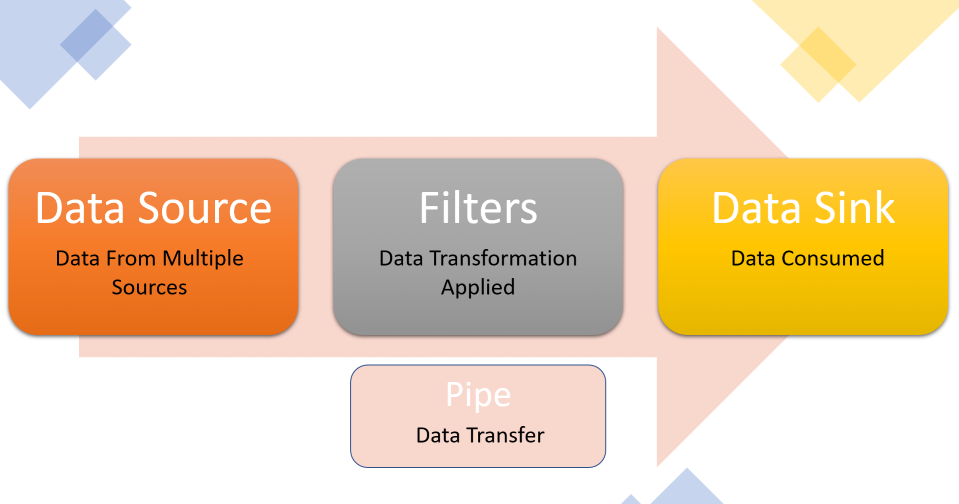
Navigating Cloud Native Components: Using Service Registry and Definitions
Explore the Service Registry and Service Definitions, crucial components in cloud-native architecture for efficient, reliable, and scalable applications. It explains their role in synchronous and a...








